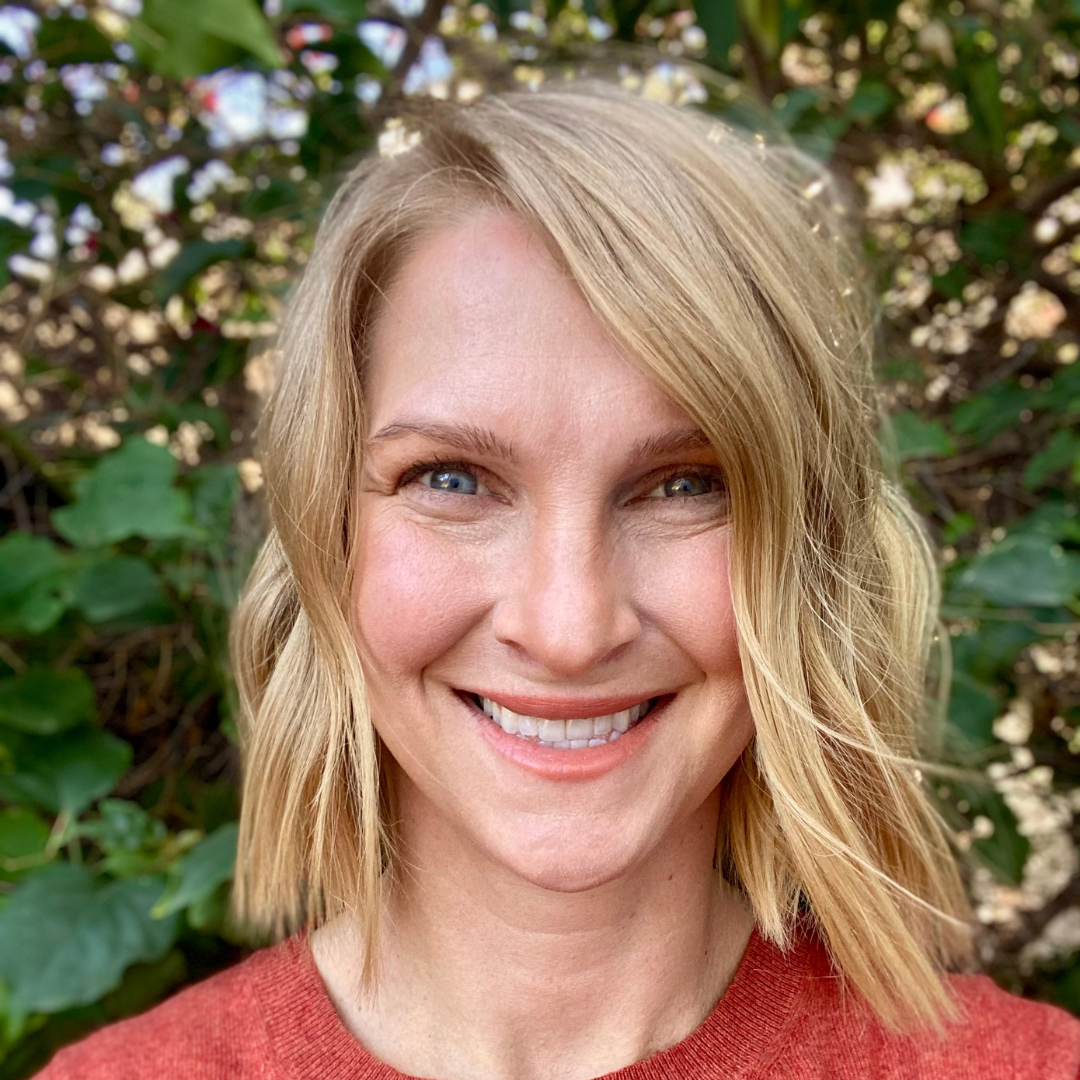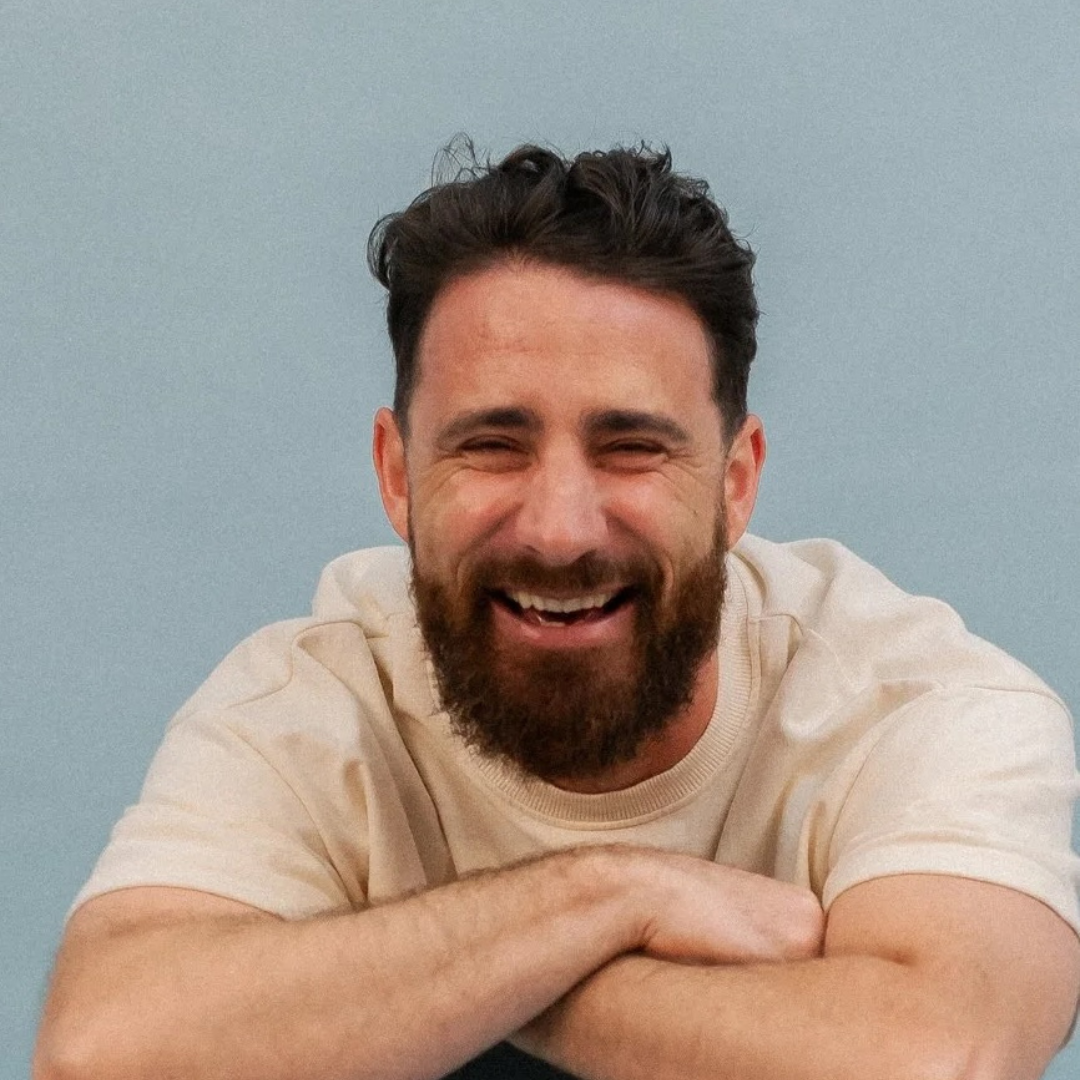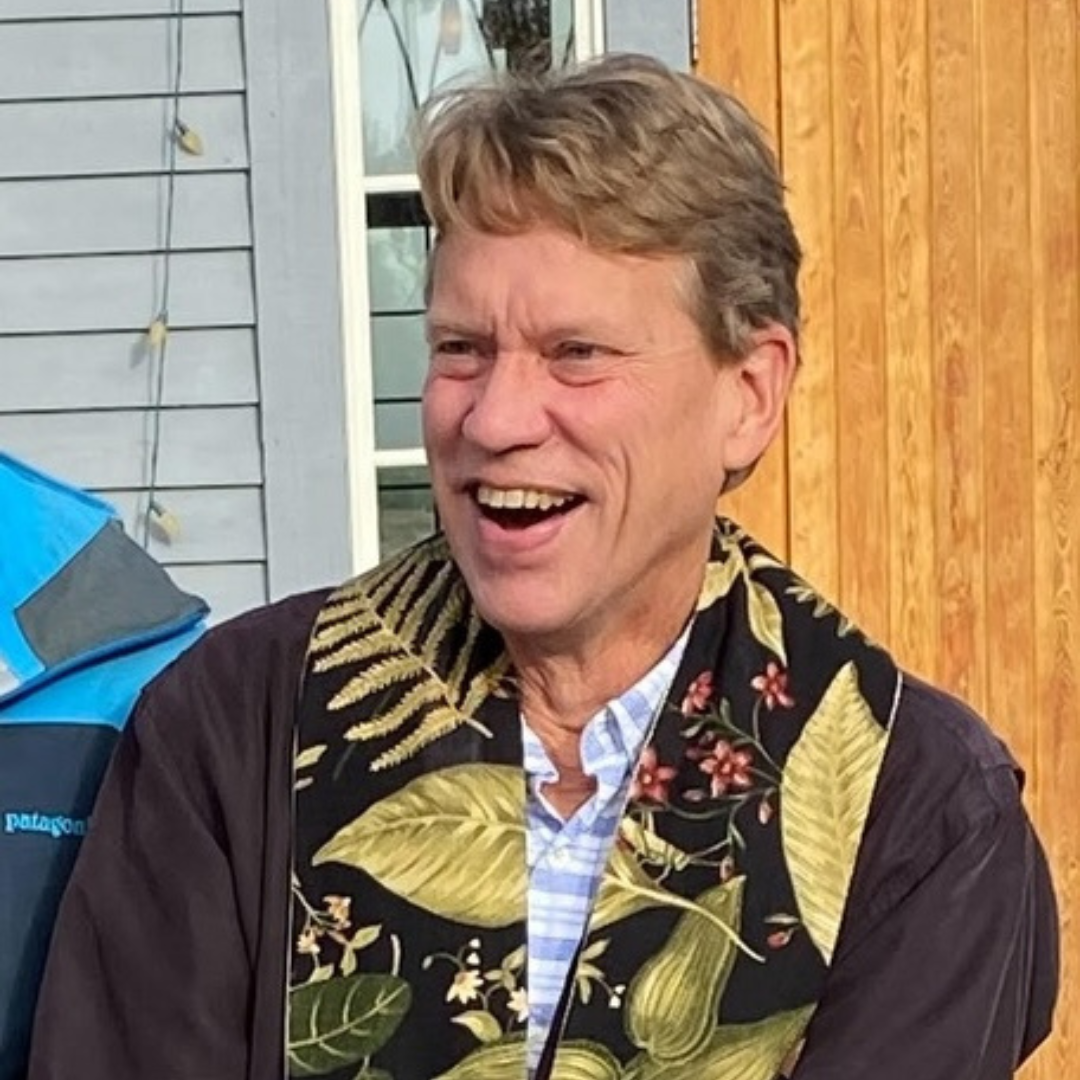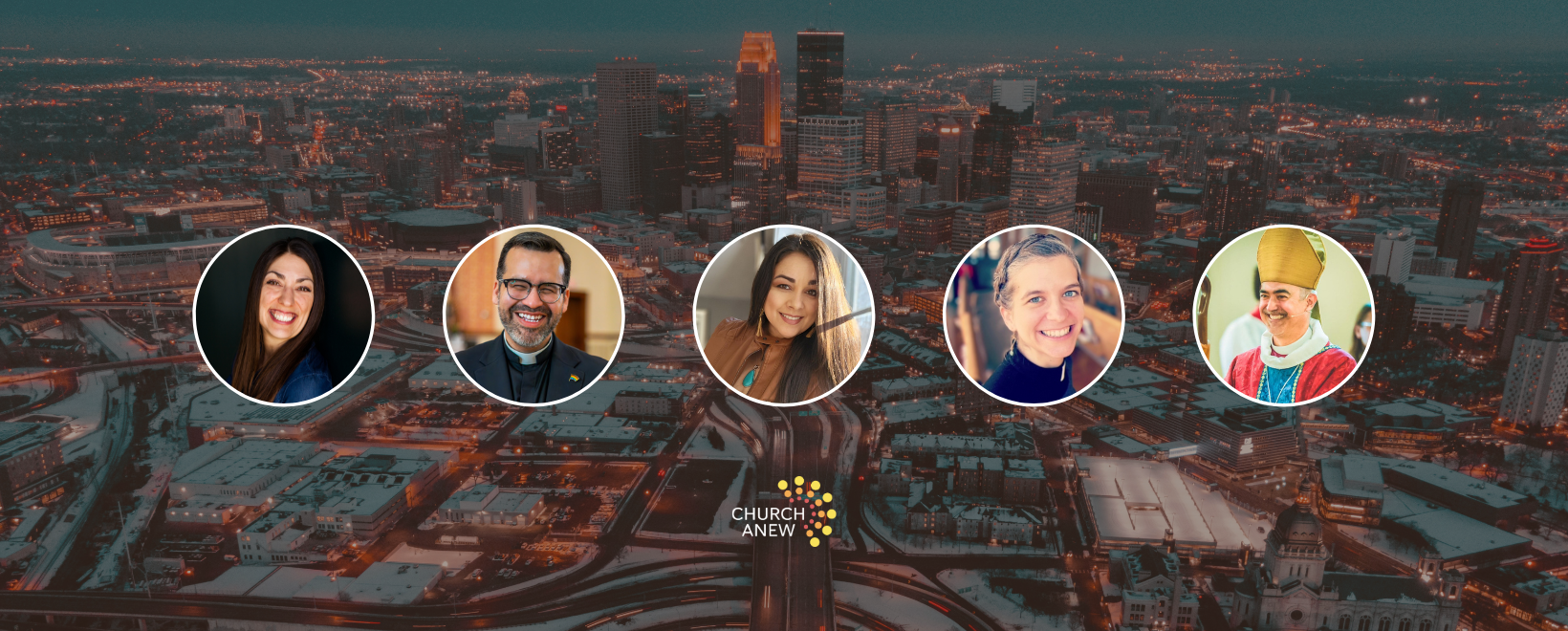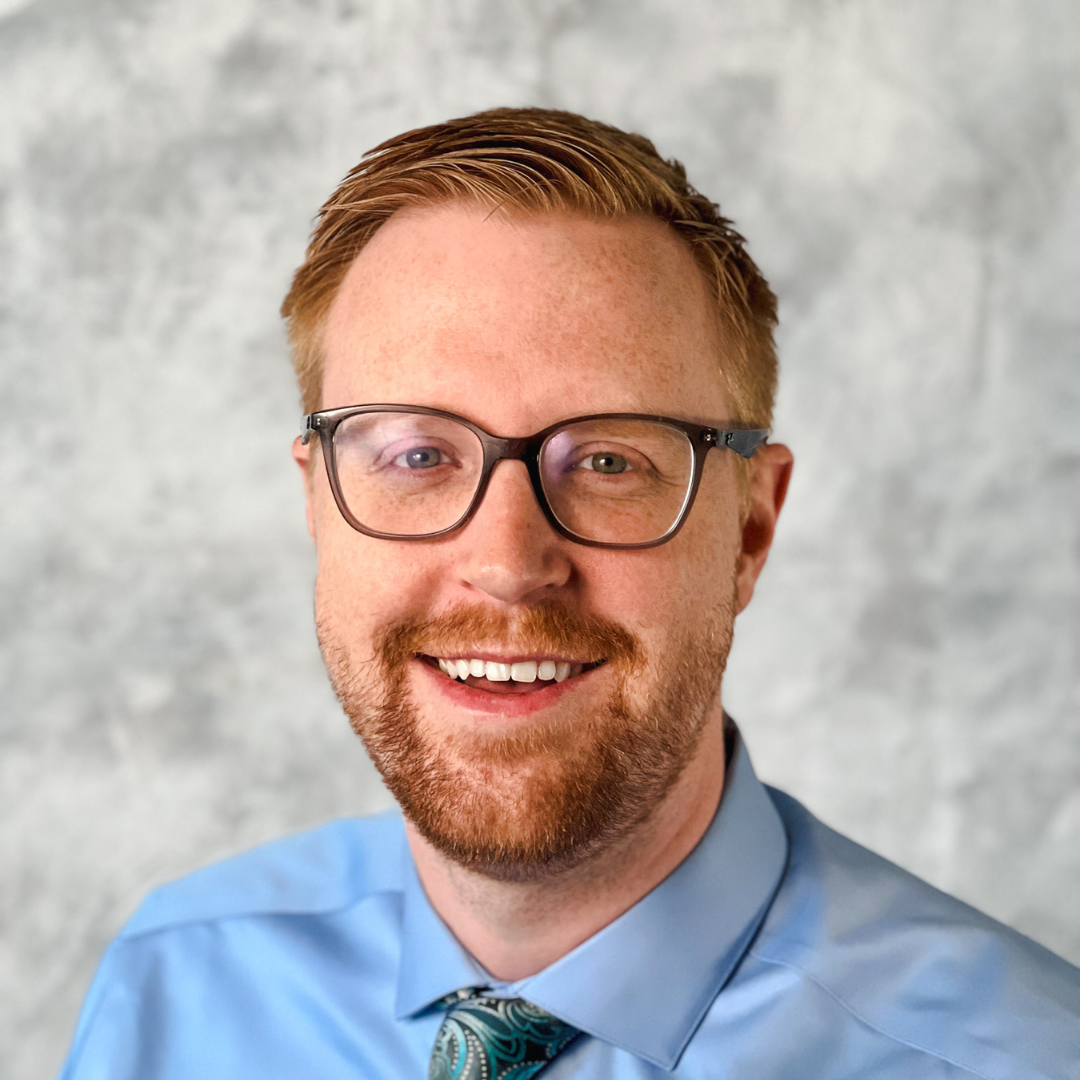Church Anew Blog
Get Updates in Your Inbox
Want to stay up-to-date with the Church Anew Blog? Sign up for our weekly blog round-up.
Author Interview with Meredith Miller- Wonder: 52 Conversations To Help Kids Fall In Love With Scripture
Kids don’t have the same notions about what the Bible is or how it works that adults have. If adults welcome kids’ thoughts and insights, if we want to hear their questions and reactions, we will find ourselves having totally different (and better) conversations about the Bible.
Lectionary Musings from the Church Anew Blog: March 1 and 8
Each week, we’ll offer a curated selection of blog posts that speak to the upcoming lectionary texts to help spark your imagination and serve as a thought partner for you. We hope these musings meet you right where you are with a fresh, bold, and faithful witness.
I Had the Samaritan Woman All Wrong
So when Jesus — a Jewish rabbi — sits alone with a Samaritan woman, speaks kindly to her, engages her theologically, and reveals himself more clearly to her than to almost anyone else… this scene is already scandalous in all the right ways.
It’s a story about crossing boundaries, not shaming sinners.
Praying Without Ceasing at Shepherd of the Mountains Lutheran Church
Becoming alert to our dominant thinking—a barrier to listening to God—is generating a way into new freedoms. Contemplative praying encourages a gracious and compassionate approach to uncovering—gently and patiently removing the obstacles to God’s way for our inner life and for our public life.
The Parable Wall Street Loves
The Parable of the Talents has, at least functionally, come to be interpreted through the lens of congregational finance and wealth stewardship. In many places, it is emphasized as a consoling text that softens and contextualizes other, more challenging things Jesus said about wealth.
Lectionary Musings from the Church Anew Blog: February 15, 22, and Ash Wednesday
Each week, we’ll offer a curated selection of blog posts that speak to the upcoming lectionary texts to help spark your imagination and serve as a thought partner for you. We hope these musings meet you right where you are with a fresh, bold, and faithful witness.
Author Interview: Meta Herrick Carlson, “We Remember Your Baptism”
It’s a good time to remember what has already been accomplished by God, to declare publicly what is universally and uniquely and unconditionally true, and to practice carrying promises as a community instead of fending only for ourselves.
Salt and Warmth and Light
Everything is different now. I returned home to find this occupation is cruel and pervasive and completely disorienting. And. I returned home to find the resolve of our community familiar and fierce. Steady like salt. Huddled for warmth. Lighting the way.
Lectionary Musings from the Church Anew Blog: February 8 and 15
Each week, we’ll offer a curated selection of blog posts that speak to the upcoming lectionary texts to help spark your imagination and serve as a thought partner for you. We hope these musings meet you right where you are with a fresh, bold, and faithful witness.
Resources for Right Now
Resources for Right Now is a living resource crafted amid the January 2026 escalation of violent immigration enforcement in Minneapolis, Minnesota. In this collection, we hope to equip the church’s leaders with diverse ways to speak into this moment, in sermon prompts, short illustrative stories, songs new and old, and liturgy and prayers.
Lectionary Musings from the Church Anew Blog: February 1 and 8
Each week, we’ll offer a curated selection of blog posts that speak to the upcoming lectionary texts to help spark your imagination and serve as a thought partner for you. We hope these musings meet you right where you are with a fresh, bold, and faithful witness.
Lectionary Musings from the Church Anew Blog: January 25 and February 1
Each week, we’ll offer a curated selection of blog posts that speak to the upcoming lectionary texts to help spark your imagination and serve as a thought partner for you. We hope these musings meet you right where you are with a fresh, bold, and faithful witness.
When Empire Rewrites the Story
Revelation cuts both ways. It comforts the vulnerable and indicts the powerful. It saves some and judges others—not because God changes, but because people respond differently when the truth is made visible. You cannot unleash chaos on communities, terrorize people in broad daylight, and then claim innocence when fear and resistance follow. You do not get to be both the author of violence and its victim.
Ministry Amidst Cataclysm: Epiphanytide Reflections
Each week we at Church Anew provide you with Lectionary Musings, a collection of previous posts related to the lectionary texts for the coming Sundays and feast days. This post is not that. This post is for my fellow ministers and church leaders staring down Sunday and wondering: How do I lead in a time like this?
In the Long Shadow of Yet Another Death
If this makes you uncomfortable, good. Let that discomfort move you toward action, toward solidarity, toward truth. This is not a moment to look away.
Psalm 88 and the God Who Meets Us in the Dark
Psalm 88 ends with a sentence no one has ever cross-stitched onto a pillow: “Darkness is my closest friend.” And yet… the ancient community kept this psalm. They copied it. Prayed it. Sang it. Preserved it as Scripture. Why?
Lectionary Musings from the Church Anew Blog: Through Christmas and Into Epiphany
Each week, we’ll offer a curated selection of blog posts that speak to the upcoming lectionary texts to help spark your imagination and serve as a thought partner for you. We hope these musings meet you right where you are with a fresh, bold, and faithful witness.
Christmas From Below
Since the summer, I’ve been accompanying immigrants on many Fridays to their initial asylum hearings in New York City, watching as judges decide people’s fates while ICE agents loom over and harass asylum seekers at every turn. That experience has led me to hear the Christmas story with different ears this year – namely, as Good News proclaimed to people living on the edge of an abyss.
Lectionary Musings from the Church Anew Blog: Advent and Christmas
Each week, we’ll offer a curated selection of blog posts that speak to the upcoming lectionary texts to help spark your imagination and serve as a thought partner for you. We hope these musings meet you right where you are with a fresh, bold, and faithful witness.
When Forever Ends
There is so much life and evidence of creativity in the space left behind when they tore down the building. The large green space now has the potential to become a park, or a field for kids to play soccer, or a sculpture garden, or a home for a new family, or space for birds to fly, or…
EXPLORE OUR ARCHIVE OF ARTICLES FROM
Walter Brueggemann
Get Updates in Your Inbox
Want to stay up-to-date with the Church Anew Blog? Sign up for our weekly blog round-up.

